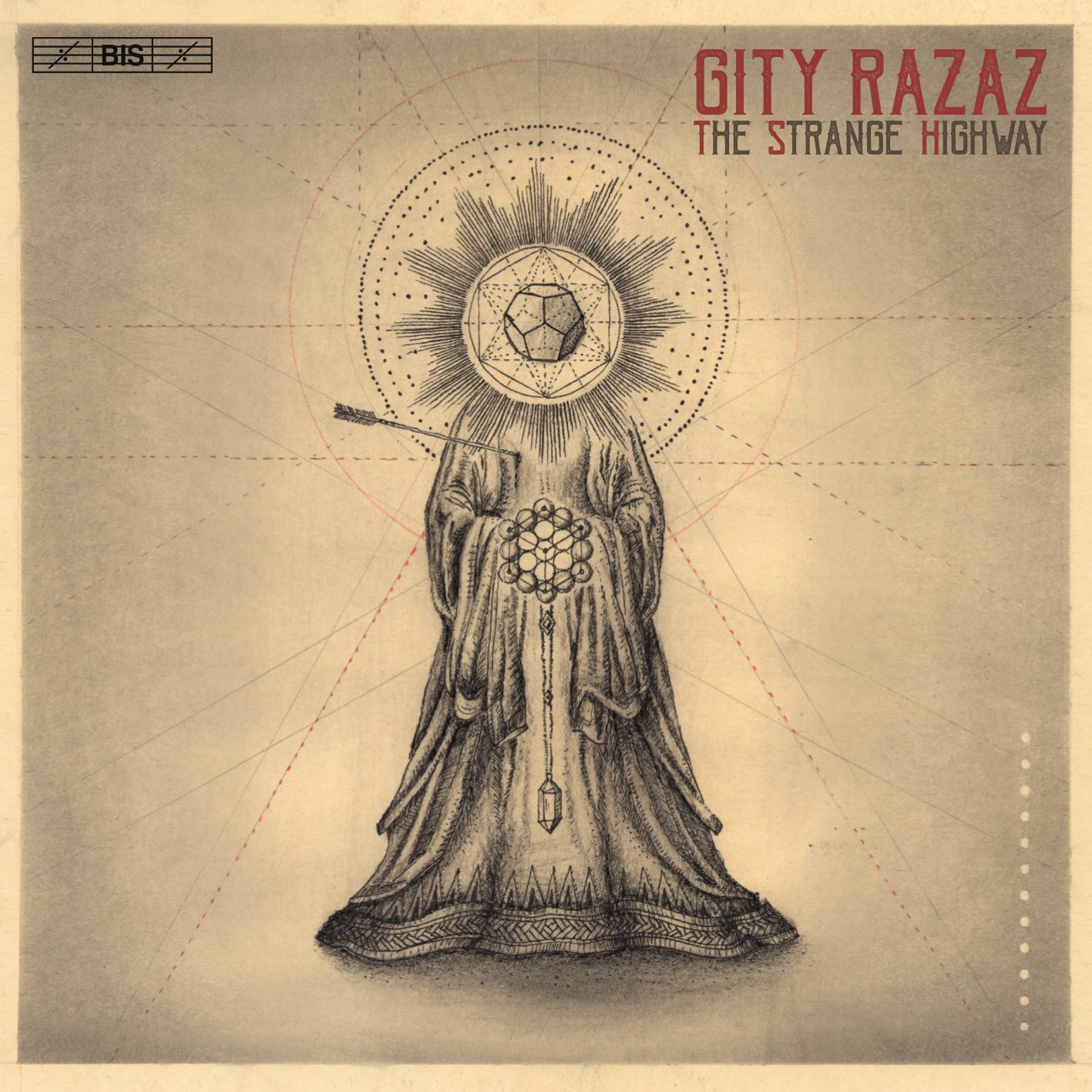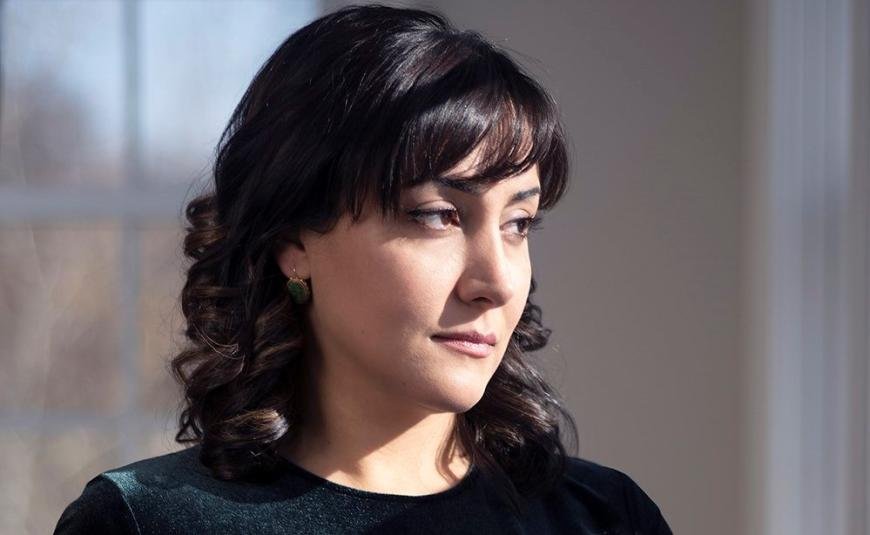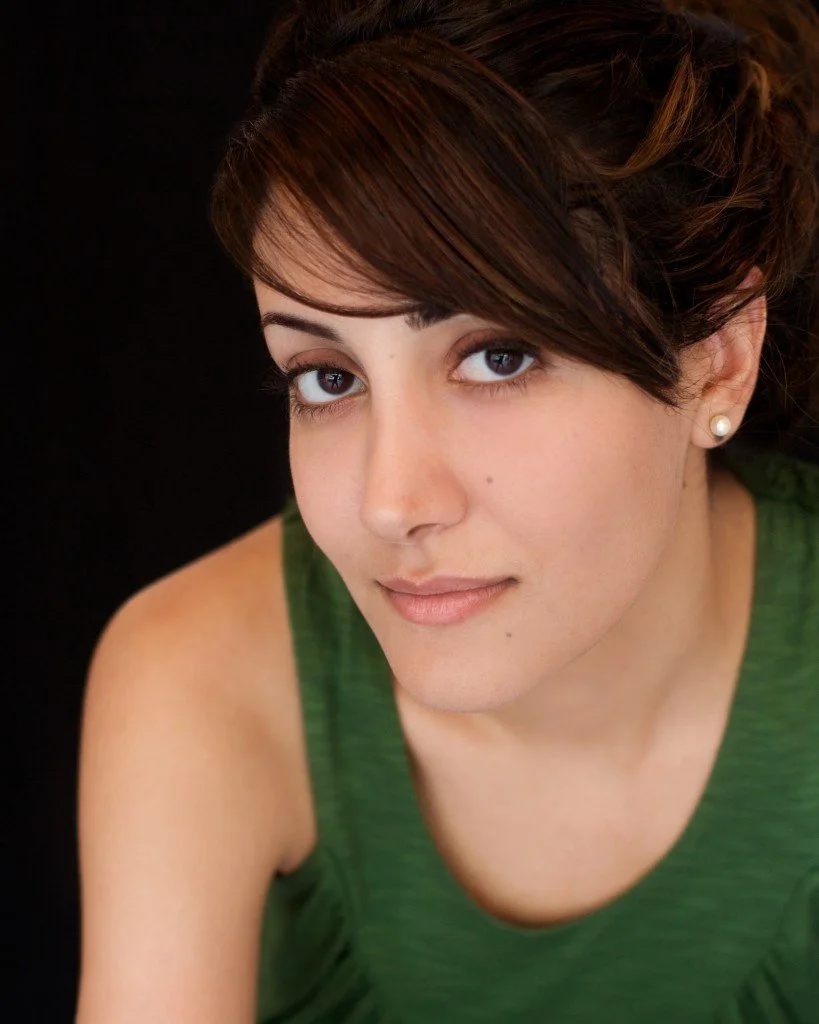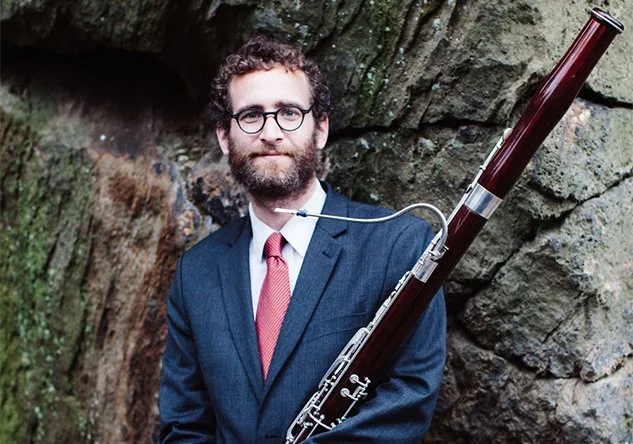“Impressive… an uncompromising beauty to these works… Metamorphosis offers some fantastic musical storytelling.”
(BBC Music Magazine)
About the Album
Released August 5, 2022 on BIS Records
On August 5, 2022, composer Gity Razaz released her debut album on Sweden’s historic BIS Records, including performances by cellist Inbal Segev, All- American Cello Band, violinist Franesca dePasquale, violist Katherine Litton, and Metropolis Ensemble. The relationship between the grounded and the ephemeral inhabits much of Gity Razaz’s music, in which there is often a tension between physical and metaphysical themes.
Razaz’s “The Metamorphosis of Narcissus” (2011), a work for chamber orchestra and electronics commissioned and performed by Metropolis, was recorded live at (Le) Poisson Rouge with conductor Andrew Cyr. Inspired by the painting of the same name by Spanish surrealist painter Salvador Dalí, the piece depicts the myth of Narcissus who became so transfixed staring lovingly at his own reflection that he melted away, leaving behind only the gold and white flower that bears his name.
During that 2011 concert, Hallucinations, Steve Smith from The New York Times described Razaz’s work as “a narcotic mix of dreamy French horn and clarinet calls, limpid Impressionist timbres and electronically induced expanse. Ms. Razaz’s music was ravishing and engulfing throughout a nine-minute duration, less concluded than cut short midreverie.”
Recent Reviews
“That’s how I connect to my art: it’s like seeing and feeling when you hear the music. You experience an emotion, a feeling, with all of your senses.”
Gity Razaz
Metropolis Ensemble has supported Gity Razaz’s work since 2010, from commissioning pieces like 2011’s The Metamorphosis of Narcissus to performing on her latest album.
WATCH: World premiere of Gity Razaz's The Metamorphosis of Narcissus on January 27-28, 2011 at (le) Poisson Rouge NYC.
Project In-Depth
This process of what Razaz describes as “uprooting and rebuilding” occupies much of her work, resulting in music that is emotionally charged and dramatic, while still maintaining mystery and lyricism. Her compositions are her means of responding to a hyperactive, disconnected world and offering transformation to listeners.
-
The Strange Highway for cello octet
Duo for violin and piano
I. Variation
II. Scherzo
Legend of Sigh for cello & electronics
Part One
Part Two
Spellbound for solo viola
Metamorphosis of Narcissus for chamber orchestra and electronics
-
Composer — Razaz, Gity
Ensemble — All-American Cello Band
Metropolis Ensemble
Violin — dePasquale, Francesca
Piano — Cuellar, Scott
Cello — Segev, Inbal
Viola — Kang Litton, Katharina
Conductor — Cyr, Andrew
-
Notes by Joanna Wyld
I think of myself just as much American as Iranian, but more significantly I’m an immigrant.’ Gity Razaz (b. 1986) was born in Tehran, where she spent her formative years before moving to the United States in 2002. This process of ‘uprooting and rebuilding’ is integral to Razaz’s artistic identity, in terms both of the subject matter that attracts her and the musical structures she employs. The relationship between the grounded and the ephemeral inhabits much of Gity Razaz’s music, in which there is often a tension between physical and metaphysical themes. A glance at Razaz’s choice of titles for her works reveals an otherworldly, poetic sensibility: The Angel of all mortal things and Spellbound, sighs, prayers and haikus. Yet this is by no means purely cerebral music; it is often anchored by the visceral, as with the punchy rhythms and earthy colours of The Strange Highway for cello octet.
Metamorphosis of Narcissus was partly inspired by Salvador Dalí’s painting of the same name and combines evocations of the protagonist’s lustfulness with ethereal portamento effects that echo Dalí’s molten lines. A dreamlike maelstrom of ideas, like snatches of half-remembered song, is supported by a cushion of sound from strings and electronics. Razaz embraces electro-acoustic techniques as a means of enhancing her palette, but never as a gimmick.
Her orchestral scores – for instance Mother, commissioned for the 2021 BBC Proms – are balanced by intimate chamber music. Razaz has spoken of her music’s ‘emotional and dramatic nature... I’m always interested in the emotional unfolding and the trajectory of my musical structures.’
One may discern the origins of this approach in Gity Razaz’s earliest musical encounters. She began piano lessons at the age of seven, and by nine was com- posing ‘intuitively’. That intuitive nature remains in her own roles as an educator, and in a compositional language honed and refined through studies at the Juilliard School and under the tutelage of John Corigliano, Samuel Adler and Robert Beaser.
Corigliano has said of Razaz: ‘her Middle Eastern roots have merged with her Western sensibilities to produce music that is both original and startling. She is on her way to becoming a major force in contemporary music.’
Notes by Gity Razaz
The Strange Highway takes its inspiration from a poem by the 20th-century Chilean novelist Roberto Bolaño, author of 2666 and The Savage Detectives.
I was moved by the subtle but potent sense of desolation and vulnerability ex- pressed through the poem’s imagery. My aim in writing the piece was to capture and recreate these emotions through rhythmic, violent opening and closing sections that engulf a lyrical, emotionally and dramatically charged middle section that itself uses dense, contrapuntal melodies and rich harmonies.
The present recording is a live performance by the All-American Cello Band at the third Amsterdam Cello Biennale where the work received its première.
Duo for violin and piano is an adventurous study of a single melody explored in various ways within the two movements of the piece. The melody appears at the opening of each movement in the violin part, and sets the mood for the entire move- ment, during which it is fragmented, developed and at times completely trans- formed into new material.
The piece was written for a violinist friend, Nicole Jeong, who gave the première in New York City.
Legend of Sigh is an immersive piece for cello and electronics written for and commissioned by cellist Inbal Segev and premièred as part of a composer residency at the inaugural season of Brooklyn’s National Sawdust. The piece explores the themes of birth, transformation and death through the retelling of an old Azerbaijani folktale about a mysterious being, Sigh, who appears every time someone lets out a heartfelt sigh, unknowingly calling out to him.
In my adapted version, the main character is a widow who, despite her wealth and social status, lives in isolation and loneliness. Overwhelmed with discontent and a desire to end her life, she unknowingly calls upon Sigh. With his help, she is transformed into the body of another woman, receiving another chance at life only to become disillusioned again. Throughout the story, the widow travels through numerous lives, learning more about the human spirit each time through her ex- periences.
Spellbound for solo viola has the intimate quality of a reminiscing soliloquy. Tex- tures and soundscapes weave in and out of an original melody that evokes the improvisatory lyricism of traditional Persian music. I was particularly inspired by the mournful and sul ponticello sound quality that is inherent to Persian instruments such as the ney and kamanche.
Spellbound was commissioned by the violist Maggie Snyder for the VIOLA2020 project in celebration of the centenary of the 19th Amendment establishing wo- men’s right to vote.
Metamorphosis of Narcissus was first inspired by an encounter I had with the story of Narcissus in the prologue to The Alchemist, a novel by the Brazilian author Paulo Coelho. Years later, I saw The Metamorphosis of Narcissus, a painting by Salvador Dalí that captures the Narcissus myth in eerie and haunting double imagery.
These sources led me to retell the story in a version of my own: a musical drama reflecting on the internal and psychological transformation of Narcissus beginning with his obsessive self-infatuation, moving through his drowning in the pond that reflected his image, and ending with his rebirth as the narcissus flower.
The work is here heard in a recording of the world première which took place at New York City’s (Le) Poisson Rouge, and was described in the New York Times as ‘a narcotic mix of dreamy French horn and clarinet calls, limpid Impressionist timbres and electronically induced expanse.’
-
The Strange Highway
Live recording from 3rd Amsterdam Cello Biennale
11th November 2010 at the Muziekgebouw aan ’t IJ, Amsterdam, the Netherlands Recording producer: Dutch radio KRO-NCRV. Editing: Ryan Streber
Original format: 24-bit / 44.1 kHz
Duo for violin and piano
28th January 2021 at Oberlin Conservatory, Oberlin, USA
Recording producer, editing and mixing: Ryan Streber. Sound engineer: Andrew Tripp Original format: 24-bit / 44.1 kHz
Legend of Sigh; Spellbound
20th February 2021 (Legend of Sigh) and 16th September 2021 (Spellbound) at Oktaven Audio, New York, USA Recording producer, sound engineer, editing and mixing: Ryan Streber
Original format: 24-bit / 96 kHz
Metamorphosis of Narcissus
27th January 2011at a public performance at (Le) Poisson Rouge, New York, USA Recording producer, editing and mixing: Ryan Streber. Sound engineer: Richie Clarke Original format: 24-bit / 48 kHz
Executive producer: Robert Suff
Booklet and Graphic Design
Cover texts: © Joanna Wyld & Gity Razaz 2022
Translations: Anna Lamberti (German); Arlette Lemieux-Chené (French) Photos of Gity Razaz: © Ronald Andrew Schvarztman
Cover design: Daniel Martin Diaz www.danielmartindiaz.com Typesetting, lay-out: Andrew Barnett (Compact Design)
Gity Razaz
Artist
Hailed by the New York Times as “ravishing and engulfing,” Gity Razaz’s music ranges from concert solo pieces to large symphonic works. With intense melodies and inventive harmonic languages, Gity’s compositions are often dramatically charged. As described by John Corigliano: “…her Middle Eastern roots have merged with her Western sensibilities to produce music that is both original and startling. She is on her way to becoming a major force in contemporary music.” Gity is an active collaborator involved in projects across disciplines from opera and modern ballet to electro-acoustic sonic landscapes. More info »


















